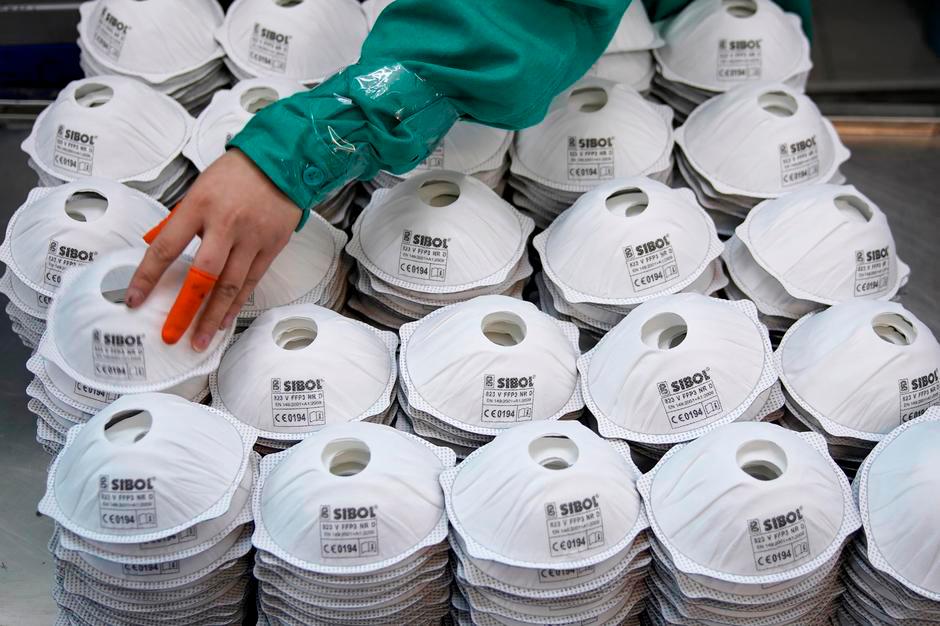PETALING JAYA: The government has been urged to subsidise the cost of reusable cloth face masks to ease the financial burden on those in the lower income group.
Klang MP Charles Santiago said having to buy face masks daily would be a financial strain on the B40 group.
He said having to buy disposable face masks could prove to be too expensive for those in the B40 and M40 groups, adding that the price of cloth face masks could be made more affordable if production could meet local demand.
Santiago said another concern is that migrant workers and refugees might re-use disposable face masks to cut costs, thereby putting themselves and others at risk.
He said if a family uses just six disposable face masks a day, it would cost them RM216 a month.
“That is more than 20% of the minimum wage of RM1,200,” he pointed out.
“We could develop a cottage industry, which could spur entrepreneurship and employment for people who have lost their jobs,” he said at a press conference in Parliament.
Santiago urged the government to invest in research and development to ensure the masks will pass tests for bacterial filtration efficiency, particle filtration efficiency, fluid resistance and flammability.
He cited the example of Vietnam, which is working on reusable face masks made from coffee grounds.
He said by adding a biodegradable filter developed by nanotechnology, the coffee face mask only needs to be replaced every 30 days.
Santiago said reusable cloth face masks were more environmentally friendly and would help mitigate climate change.
He added it could also help reduce the number of masks disposed daily. It is estimated that about 10 million masks are thrown away every day in Malaysia.
He said by incorporating batik fabric and prints, the masks could be made “glamorous”.
“The government should channel funds to a small business entrepreneurship programme, which can be expanded to include non-governmental organisations and community-based organisations that are already producing cloth masks.”
Santiago added that the government could work with technical and vocational training and education institutes and other agencies that offer design and tailoring classes to begin production of the cloth face masks.













